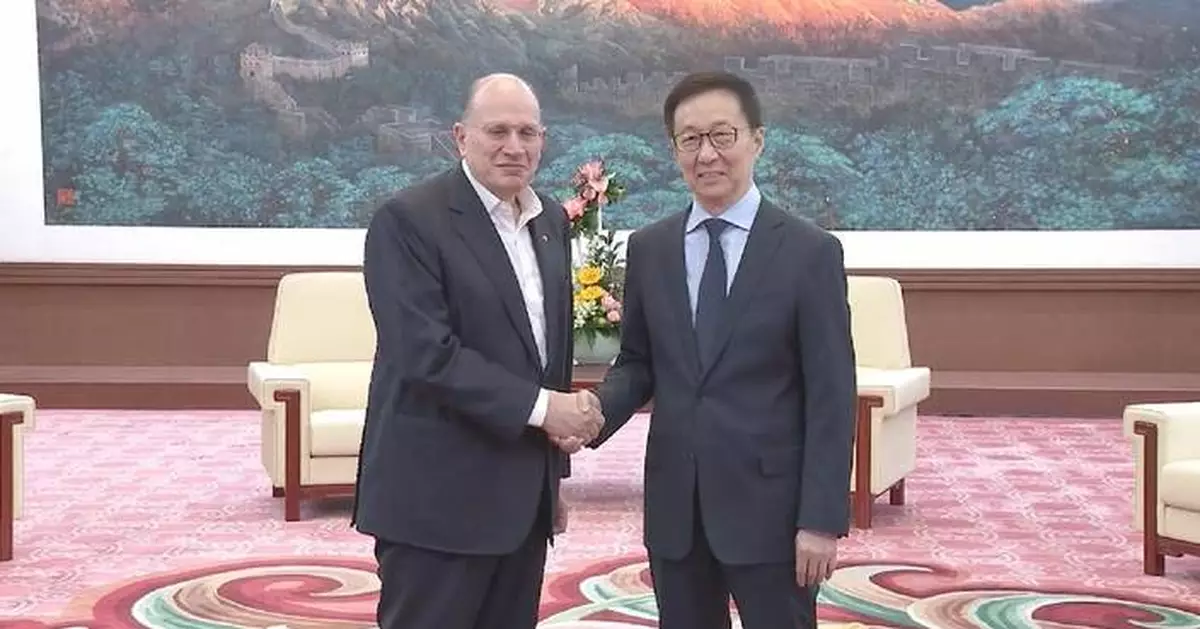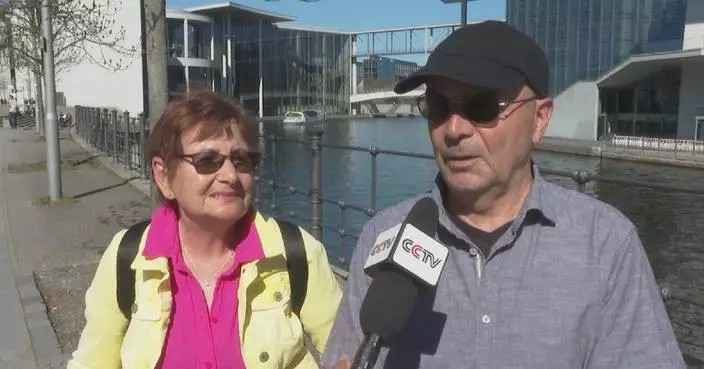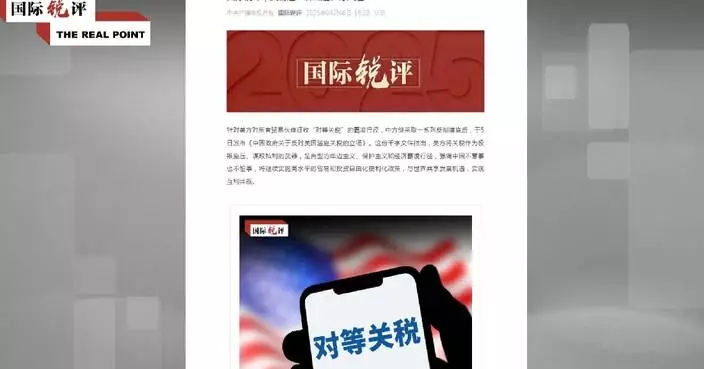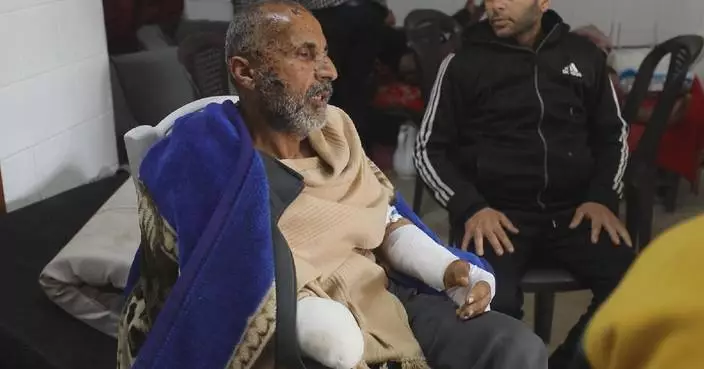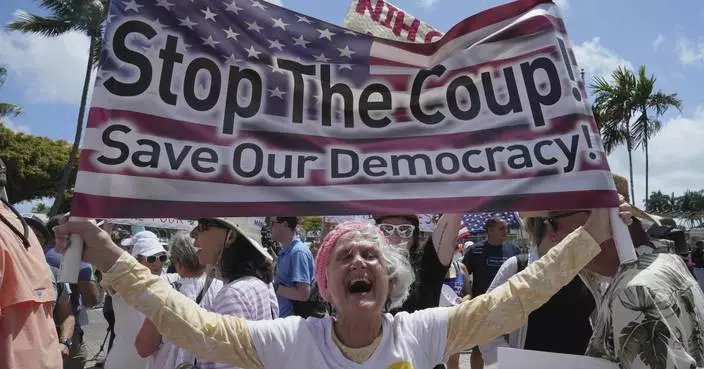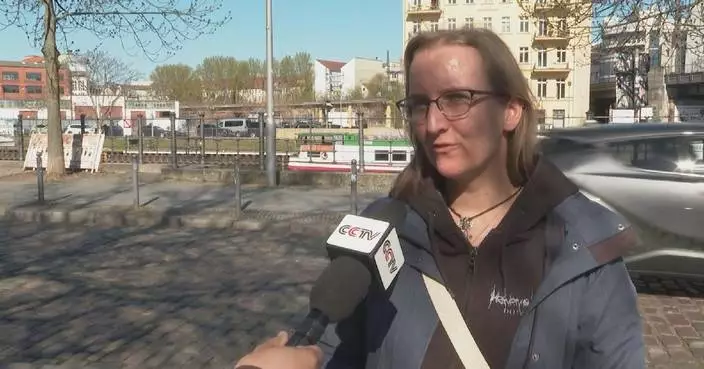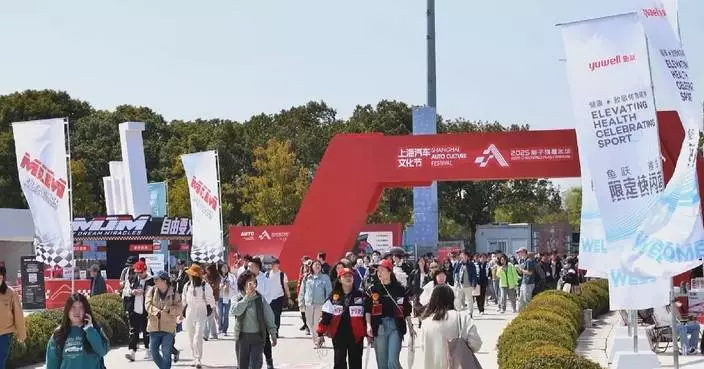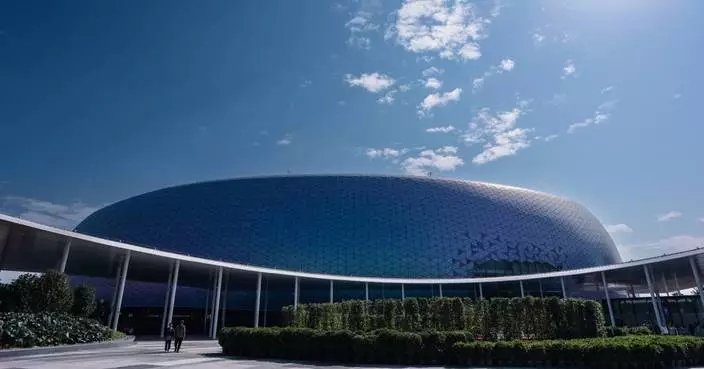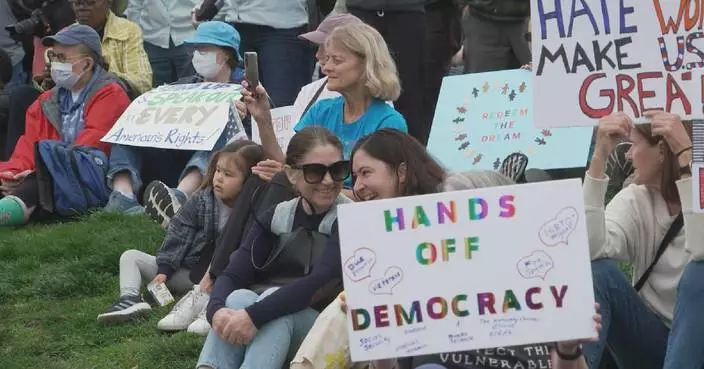Chinese Vice President Han Zheng met with HSBC Group Chairman Mark Tucker in Beijing on Wednesday.
Han said that President Xi Jinping met with representatives of the international business community, including HSBC, last week and spoke highly of the contributions made by foreign-invested enterprises in China to the country's reform, opening up, innovation and creativity, stressing that China will further open up to the world.
Noting that the world today is full of uncertainties, Han said China is firmly advancing high-level opening up and upholding multilateralism.
Han said the sound and steady development of China-UK relations will not only benefit both sides but also bring more certainty to the world.
It is hoped that HSBC Group will continue to explore China's market and contribute to the development of China-UK and China-EU relations, he said.
Tucker said that President Xi met with the international business representatives and sent an important, positive and constructive message that China will continue to advance high-level opening up, which greatly encouraged the international business community.
HSBC Group has full confidence in the prospects of China's economic development and is ready to actively promote the long-term and steady development of UK-China relations, he said.
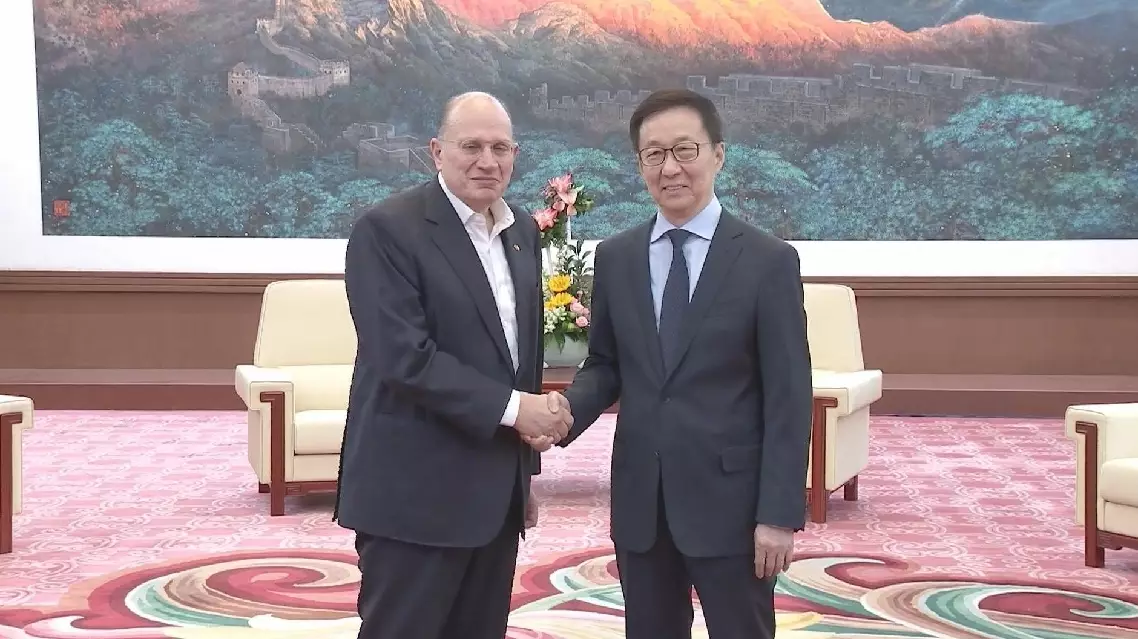
Chinese vice president meets HSBC Group chairman in Beijing
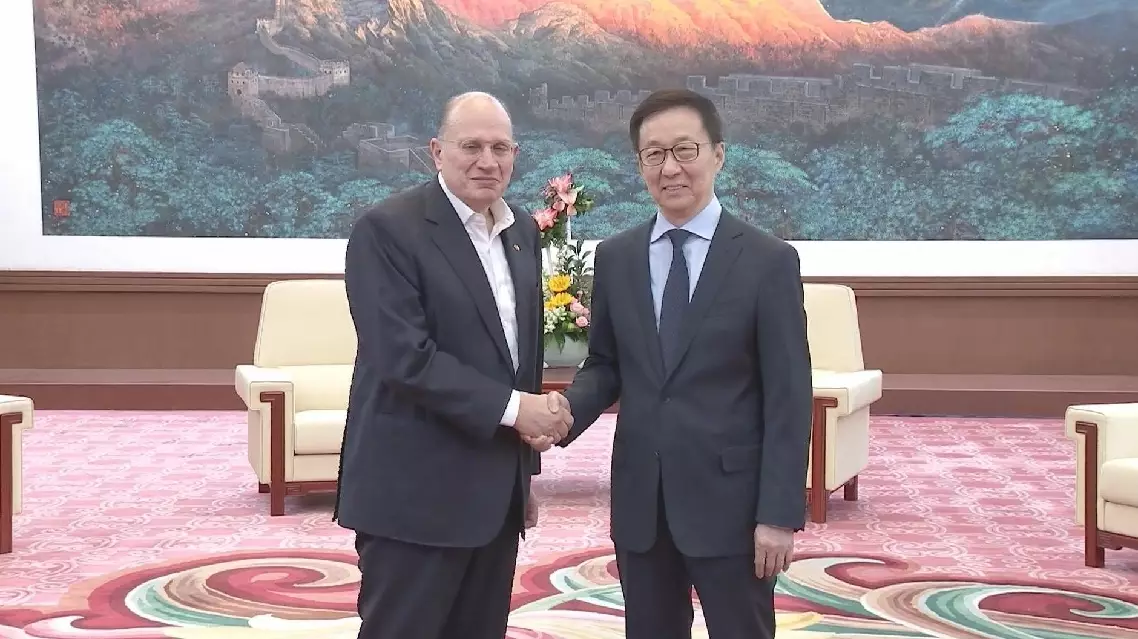
Chinese vice president meets HSBC Group chairman in Beijing
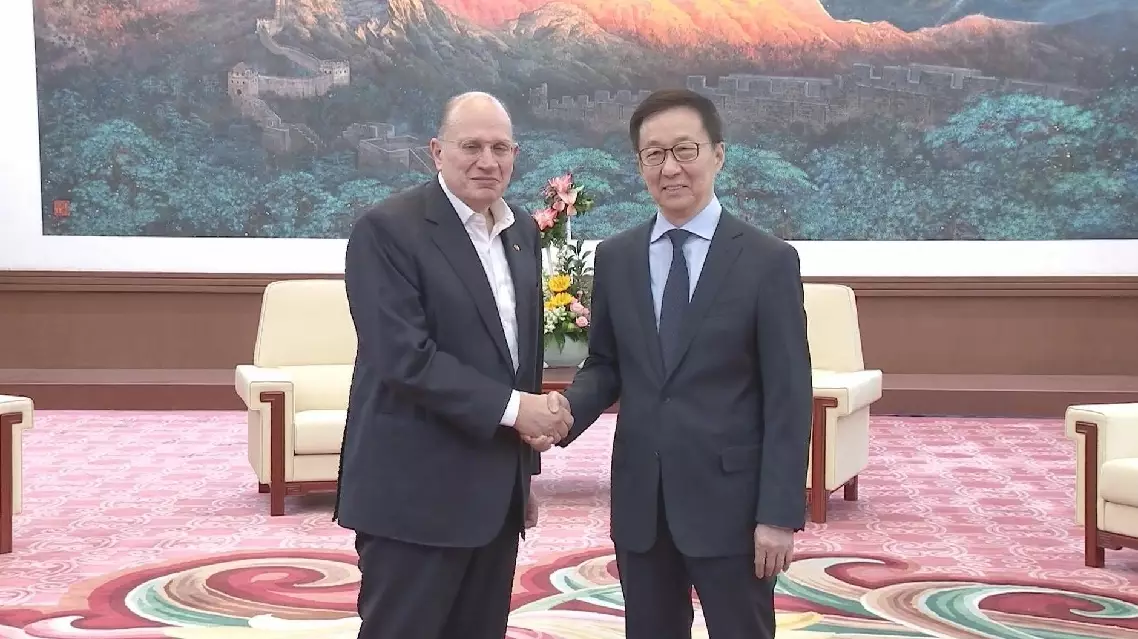
Chinese vice president meets HSBC Group chairman in Beijing
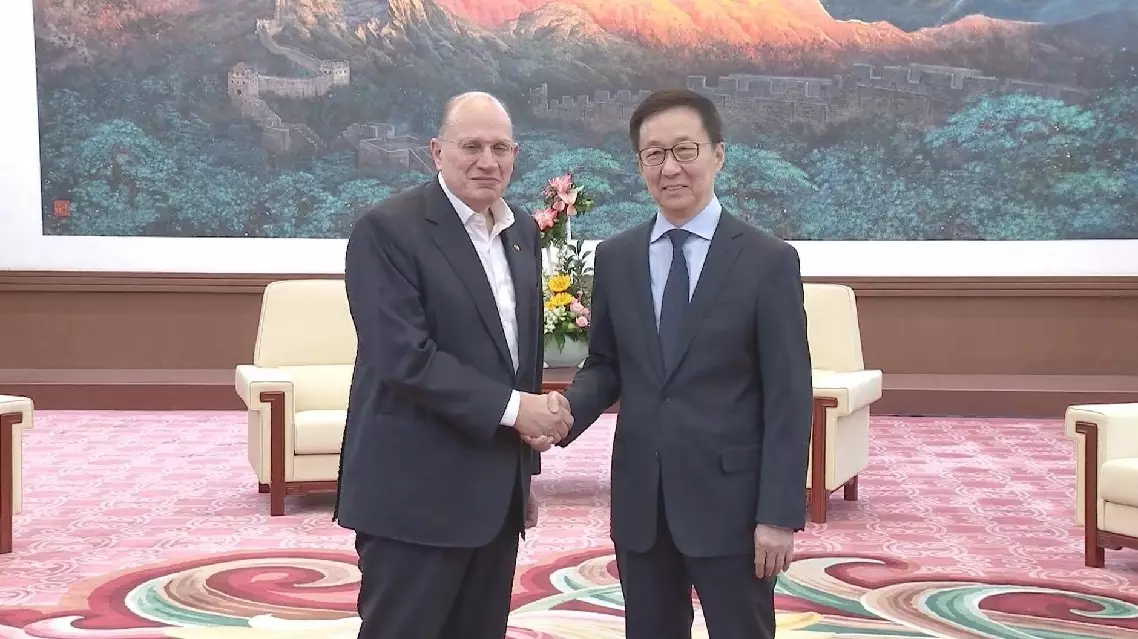
Chinese vice president meets HSBC Group chairman in Beijing
U.S. President Donald Trump's rollout of sweeping "reciprocal tariffs" may lead to global economic recession and will exacerbate inflation in the country, said a Spanish scholar.
Amid widespread opposition, Trump on Wednesday signed two executive orders, imposing a 10-percent "minimum baseline tariff" on all imported goods and higher rates on certain trading partners.
Felix Valdivieso, a professor at IE Business School, told China Central Television (CCTV) that following the imposition of the tariffs, all consumers in the world will feel the pinch.
"These measures will have global economic impacts and may even lead to a recession. Analysts at Moody's Ratings have pointed out that these tariffs will drive up prices. Price increases will directly affect consumers' personal income and spending power, as well as their purchasing power," Valdivieso said.
Spanish Prime Minister Pedro Sanchez on Thursday announced his government will implement a 14.1 billion euro plan to support the economy in the face of Trump's tariffs.
He called the tariffs a "unilateral attack", saying they will harm the interests of people and businesses in both the EU and the United States itself, an opinion shared by Valdivieso.
"In other words, the U.S. is trying to make money by imposing tariffs, which will also drive up prices of domestic products. According to estimates by American analysts, the price of each car in the U.S. will go up by about 1,000 to 2,000 U.S. dollars after the tariffs are imposed. With car exports to the U.S. blocked, there will be two consequences for Europe. One is that Europe will have to find other markets to sell cars. The other is that it will have to bear the consequences of the decline in car sales in some way, so it has to reduce car production lines and lay off employees," he said.
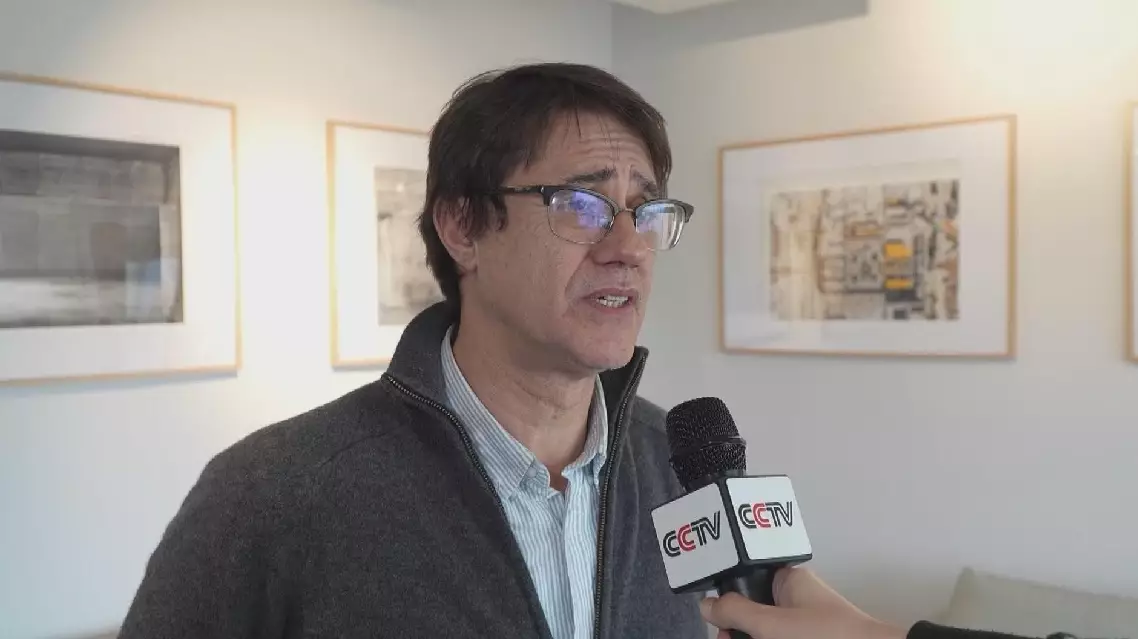
Trump's tariffs may lead to global recession, exacerbate US inflation: Spanish scholar






